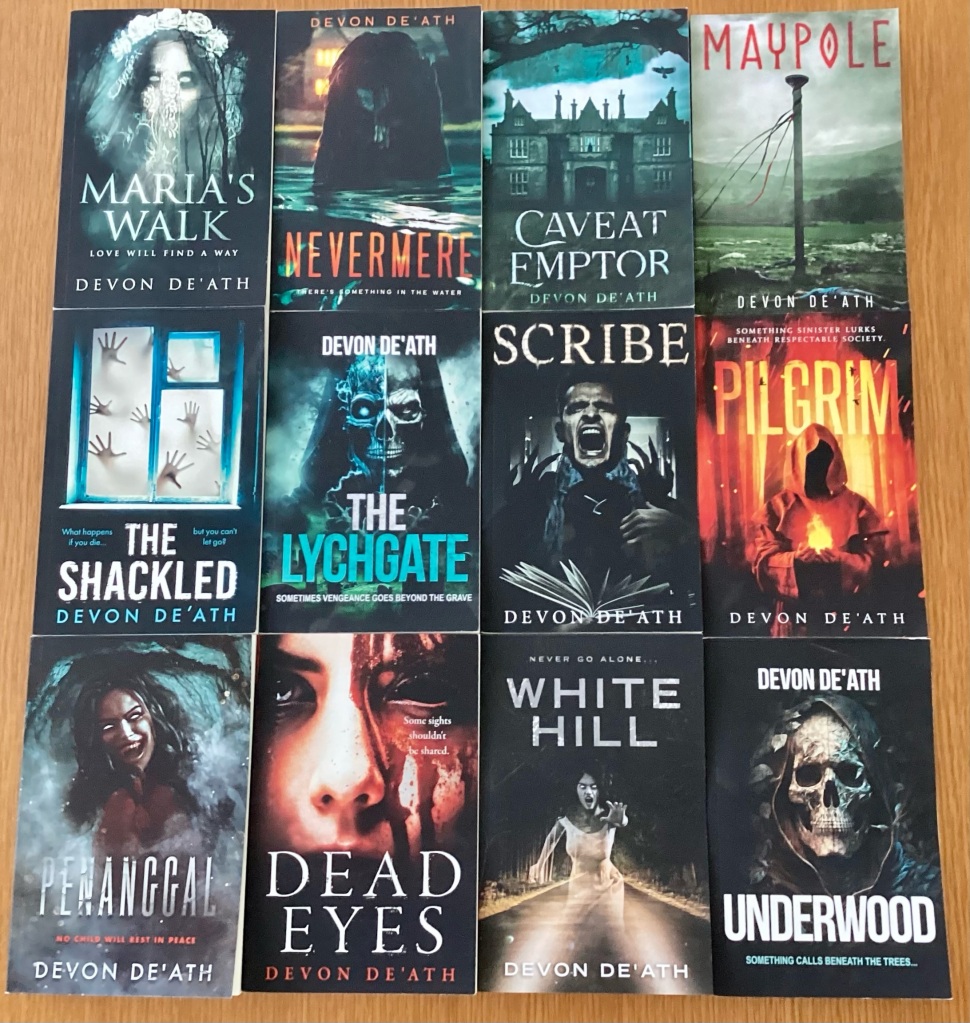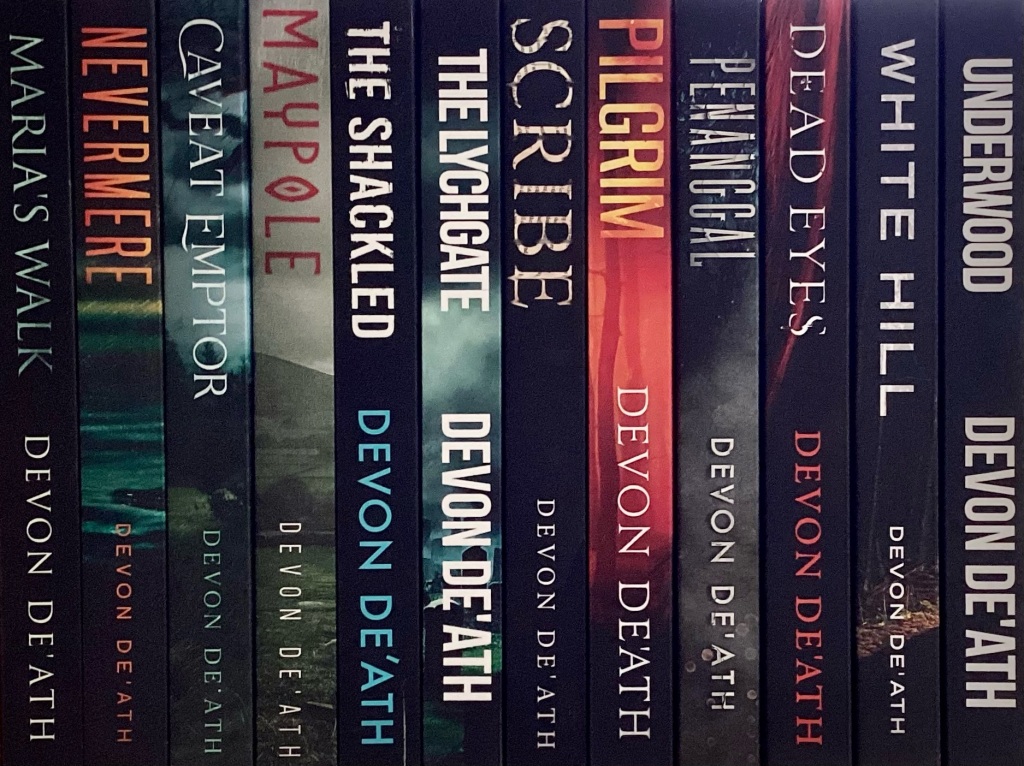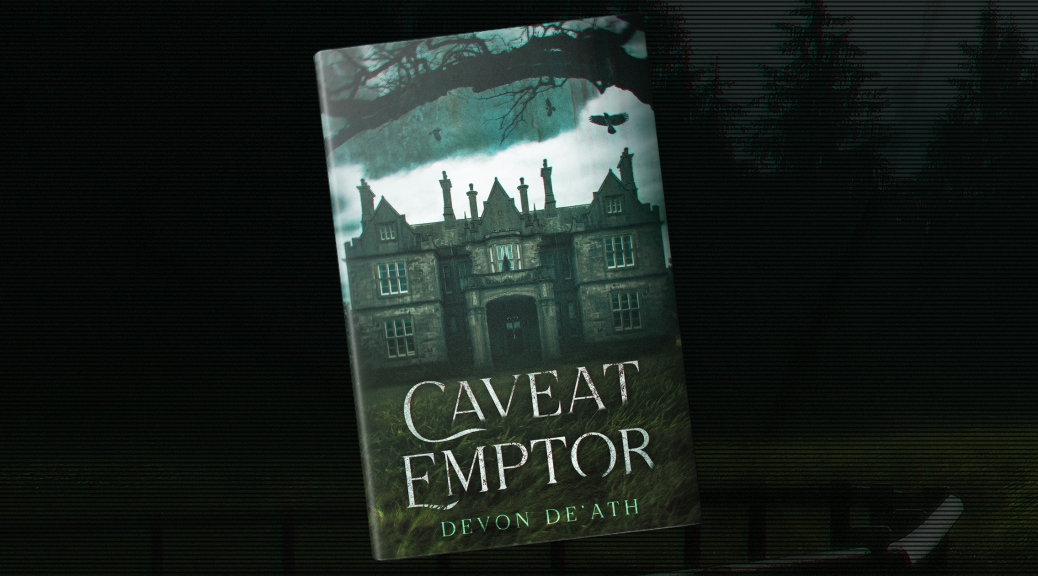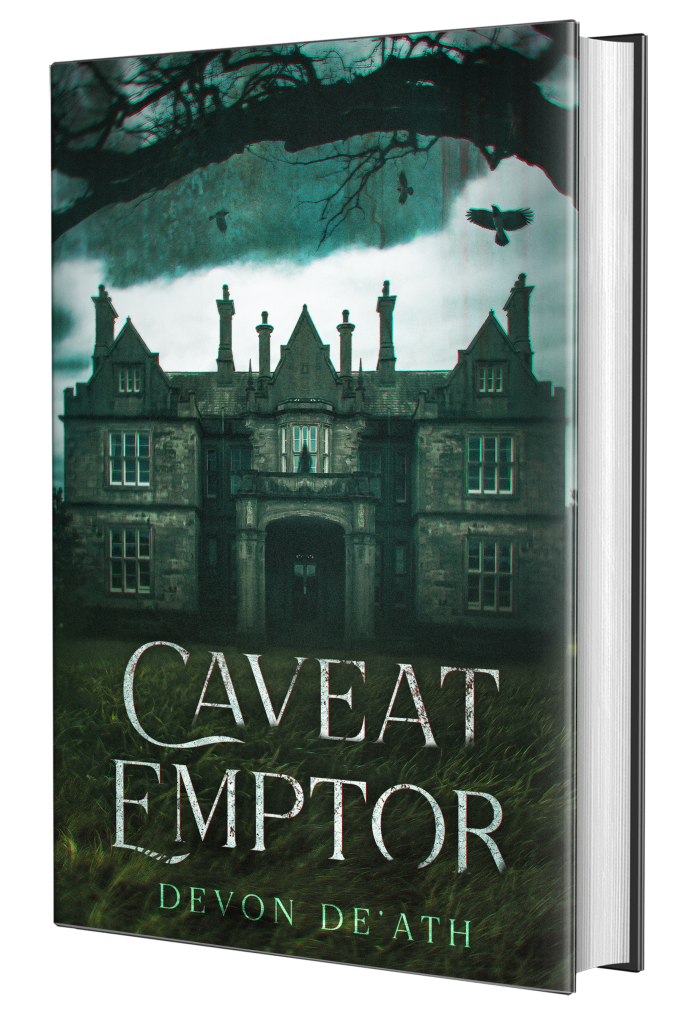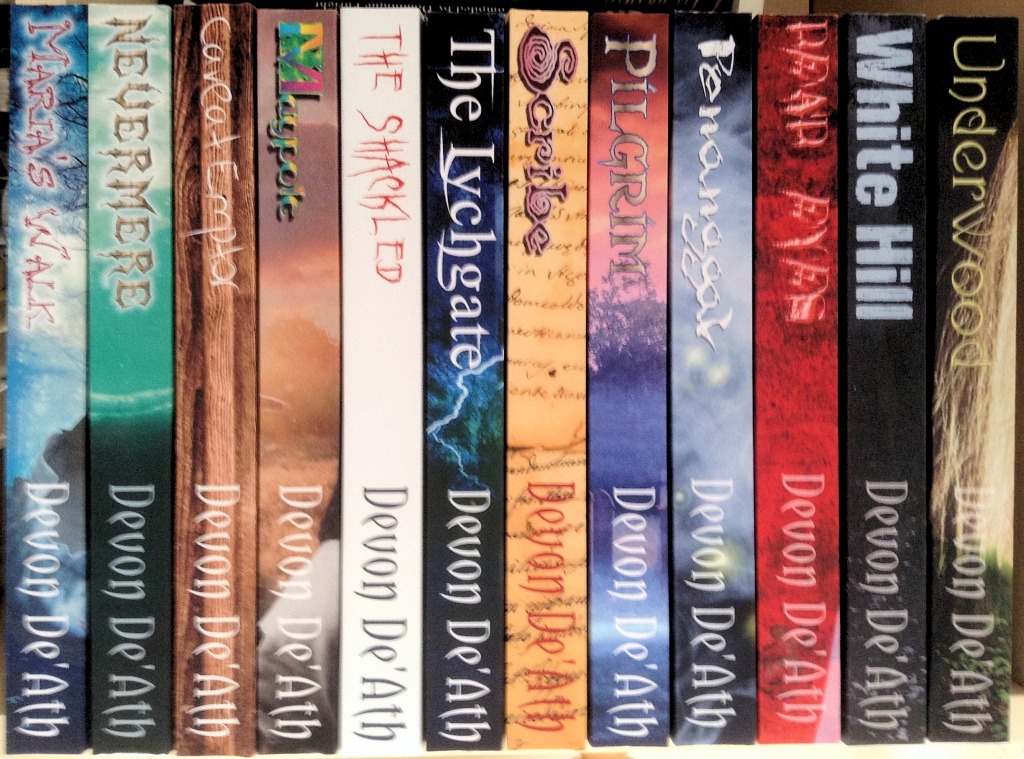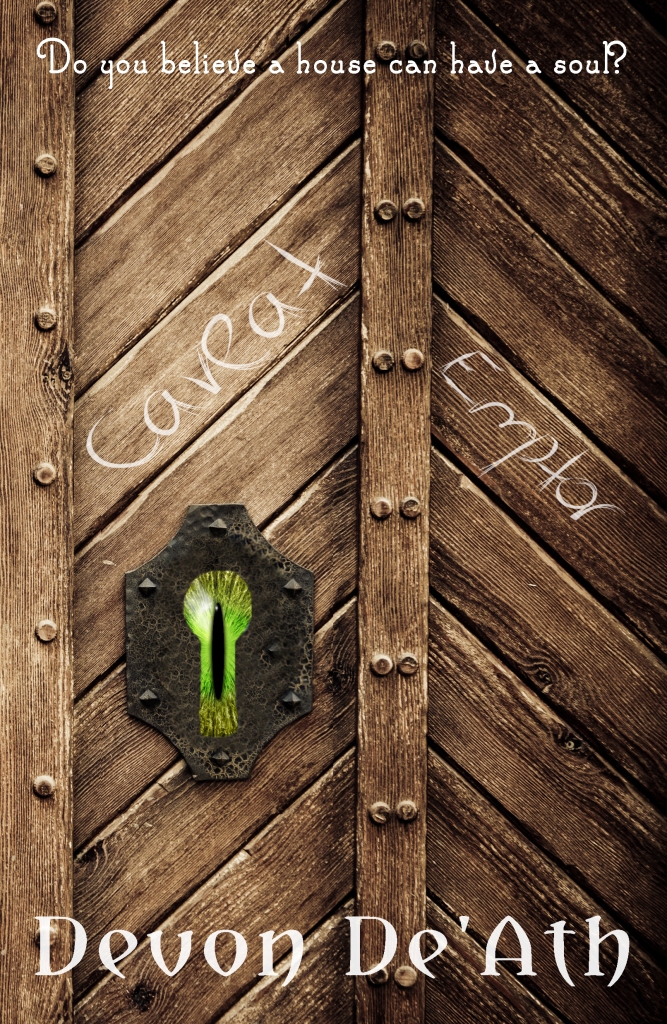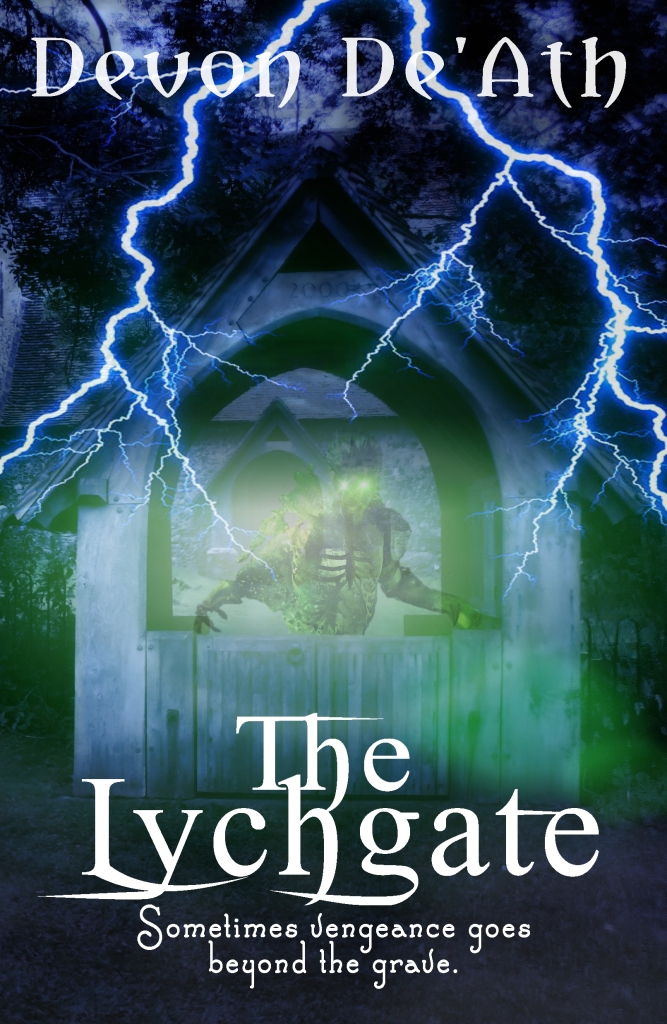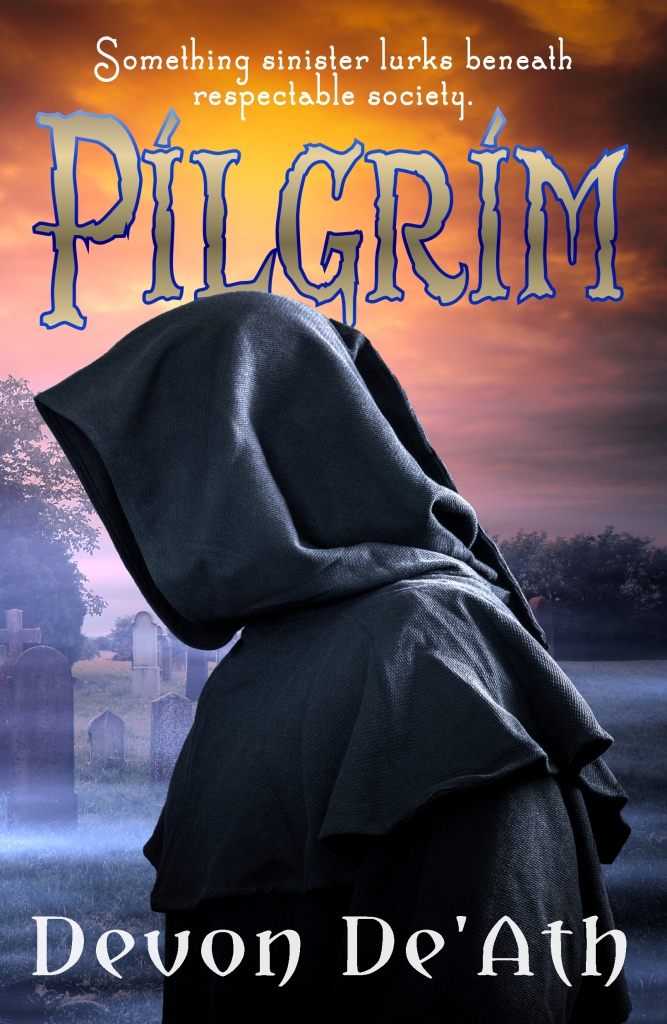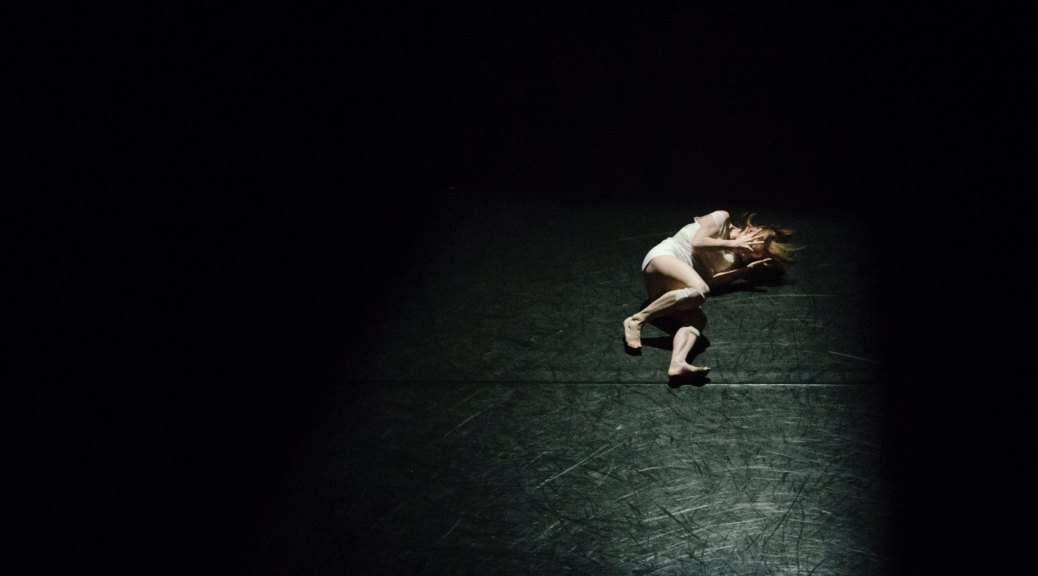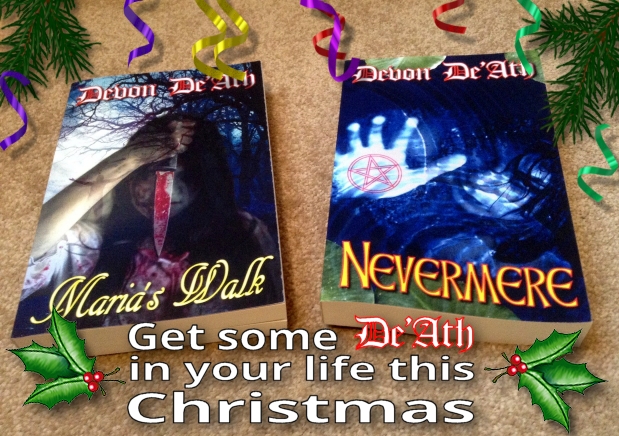Recently I was part of a discussion
that has cropped up several times over the years, in relation to the Stephen
King classic, ‘Salem’s Lot.’
Whether you’ve read the book, seen
the film adaptation or both; one scene sticks with everyone I speak to. If you
haven’t already guessed, it’s the night time vampiric visitations of the Glick
boys: first Ralphie to ‘convert’ his elder brother Danny. Then Danny, to sire Mark
Petrie and bring him into the fold.
The first – brother on brother –
is creepy and reminiscent of the Count’s visits to his victims in Bram Stoker’s
‘Dracula.’
But it’s the second visitation
that haunts readers/viewers over forty years on: eerie clouds swirling outside
Mark’s bedroom window. The floating approach of his school friend, sporting
evil eyes and protruding fangs. A scratching of fingernails on the glass. The
vampire calling out for Mark to let him in. Then Mark vacillating between acquiescence
and confrontation; culminating in the latter as he snaps a cross from his
graveyard diorama to drive the creature off.
Since the 1979 film production, audiences have grown accustomed to blatant gore and vivid portrayals of demonic forces. In a desensitised world of splatter-punk eviscerations, the afore-mentioned scene might sound banal. But it isn’t. Had the vampire been some OTT special effects horror that burst through the window and drained its victim dry, that might have been shocking – for a moment. Then viewers would have forgotten all about it and probably never given the encounter a second thought.
To my mind, Danny’s visit is
memorable and frightening because it utilises one of the key tools in the
horror writer’s kit: ISOLATION. Stephen King wields it with masterful
brilliance.
Isolation can be both blatant and/or subtle in horror. We’re all familiar with the blatant scenarios: A person/people get cut off on an island/up a mountain/in a forest. Bad things are coming to get them and nobody’s riding to the rescue. Typically there might be a chance to escape, but it will involve a perilous trip into the monster’s den to retrieve a vital item, etc. Along the way, someone will probably die.
Subtler forms of isolation often revolve
around societal mores and expectations, or being a misfit in a situation.
Anyone who has suffered a mental health issue, physical disability or
disfigurement knows what it’s like to feel all alone in a crowded place. Even
introverted, loner types like myself are still social creatures at heart, despite
a need for plenty of solo downtime to recharge. Being all alone is such a
common human fear, some people go to extraordinary lengths to avoid it.
In horror, this subtle isolation
may manifest as someone who knows supernatural things are going on, but is afraid
nobody else will believe them. Perhaps an entire group suspects creepy forces are
at play individually, but none will discuss it collectively. If they did and
banded together, maybe survival would become possible? They’re all isolated. A ‘dinner
bell’ for the hungry antagonist, no doubt. Cue blood-curdling screams as it starts
devouring the low hanging fruit first.
With regard to ‘Salem’s Lot,’ you
have Mark Petrie as a victim of isolation. Earlier, his father rags on him for playing
with magic tricks and building monster model kits. This gives us an insight
into the kind of lad Mark might be: creative, imaginative, sensitive. Not a
jock. An outsider from the ‘group’ in school. Someone who prefers one or two
close genuine friends to a gaggle of surface relationships. In that sense he’s
already isolated. Now King adds another layer of isolation, because his father
instructs the boy to grow up and stop daydreaming about monsters. Great. So who’s
he going to tell when his best (and probably only) friend appears at the window
as a vampire?
Let’s add it all up:
He’s isolated as something of an
introvert to begin with.
He’s isolated from his parents
and can’t tell them about the real monster.
He’s isolated by losing his close
friend to the vampire’s curse.
He’s isolated because there’s
nowhere to run, nobody to tell, and the vampires could be back at his window
any time they choose.
He’s isolated because he’s still
a kid in an adult world.
As we know, Mark goes on to battle
the creatures with the central character, Ben Mears. Even then they end up on
the run, an isolated pair looking over their shoulders for those in pursuit.
Psychological fears remain scariest
of all. I’ve no objection to gore – it features in my work. But sometimes it’s
what you don’t show that stays with people. A scene like that can keep your
audience drawing the curtains as soon as darkness descends forty years later,
and not because they’re fastidious and organised…




